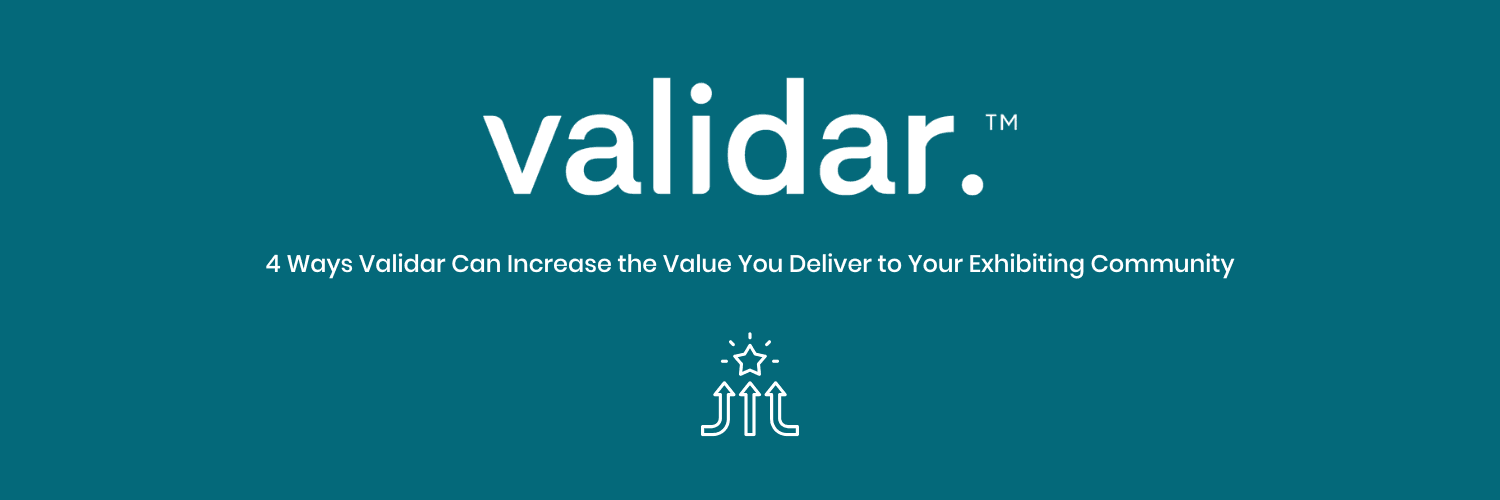For sales teams, trade shows, conferences, and corporate events represent high-stakes opportunities. These settings offer a concentrated environment of prospects, industry leaders, and potential clients. However, event success for a sales team goes beyond just showing up with a booth and marketing materials—it requires meticulous planning, strong support from event organizers, and well-executed follow-up.
This article explores how event organizers can align their efforts with the goals of sales teams, ensuring they have the right tools, data, and support to close deals and make meaningful connections. Whether you’re planning to exhibit at a trade show or you're producing your own corporate gathering, understanding the salesperson’s perspective on event day can help ensure your event maximizes its potential for both organizers and sales teams.
1. Pre-Event Planning: Setting Sales Teams Up for Success
Effective pre-event planning is crucial for the success of any sales team. As an event organizer, the more you align your plans with the objectives of the sales team, the better the outcomes will be.
Coordinating Event Goals with Sales Objectives
Sales teams approach events with specific goals in mind, whether it's generating leads, closing deals, or nurturing existing client relationships. It’s essential to understand these objectives upfront and design your event to help achieve them. This involves open communication between your team and the sales team from the early planning stages. Ensuring that sales teams are involved in decisions like booth placement, session timing, and networking opportunities will increase their chances of success.
Pre-event, leverage and reward your sales team to drive attendance from their customers, partners and prospects. Events provide an excellent opportunity to accelerate the sales cycle.
Allow your sales team to provide input on session content
The sales team is your front line when communicating and pitching to customers. Leverage their experience, and adjust your event content based upon what they believe will resonate well.
Technology Tools for Sales Enablement
Event technology plays a significant role in sales team success. As an event organizer, providing solutions that enhance lead tracking and follow-up will enable your sales team to capture data more efficiently. Equip them with tools that integrate with their CRM systems to ensure seamless lead handoff post-event.
Be prepared to track content consumption (session tracking)
Be prepared to allow your customers, partners, and prospects to tell you the impact your session content had and to request a meeting if needed. (Session evaluations)
Be prepared to categorize the impact your one on one product demonstrations on moving the needle (Lead Retrieval with custom qualifier)
Be prepared to integrate all of this data into your CRM system
2. Maximizing Sales Team Engagement During the Event
On event day, sales teams must balance their time between engaging with attendees, managing leads, and presenting their products or services. As an event organizer, there are several ways to enhance their experience and ensure they can focus on what matters most: connecting with customers and prospects.
Sales Team Setup on the Event Floor
Event organizers can significantly influence the success of sales teams by strategically placing booths in high-traffic areas and ensuring the sales team has all the resources they need at hand. Booth design should encourage open interaction while also offering areas for private conversations. Offering tech support, such as ensuring stable Wi-Fi and easy access to charging stations, can make a big difference for teams working with mobile devices and laptops.
Tools for Tracking Attendee Behavior
Knowing where attendees spend their time and how they engage with different event elements is valuable information for sales teams. Event organizers can provide this data through tools like passive and active attendance tracking. Technologies such as Validar’s session tracking allow sales teams to monitor attendee engagement, providing insights into which sessions or exhibitors attendees interacted with most.
Supporting Sales Pitches and Presentations
Another important role event organizers play is ensuring sales teams have access to the necessary equipment for delivering engaging presentations. This includes AV setup, quiet spaces for meetings, or even a designated demo area. These elements can help sales teams leave a lasting impression on potential clients.
Allow attendees to communicate to sales through technology
Session evaluations provide an excellent opportunity for an attendee to request a meeting, or ask questions regarding event content. Before deploying though, make sure you have a plan in place to get this data into your sales team's hands.
Customize the lead retrieval you use in your booth to allow the attendees to categorize where they fall within the buying cycle.
Key Statistic: Research shows that companies that engage directly with attendees on the event floor can increase their number of qualified leads by up to 25%.
3. Post-Event Follow-Up: Converting Leads into Sales
After the event concludes, the hard work of converting leads into actual sales begins. Event organizers can provide significant support in this phase by ensuring seamless access to data and facilitating smooth communication between the event and sales teams.
Providing Detailed Attendee Data
Post-event reports are a goldmine of information. Organizers should ensure that all the attendee data collected during the event, including booth visits, session participation, and engagement levels, is easily accessible to sales teams. This allows them to prioritize high-potential leads and tailor follow-up communication accordingly. Your sales team will want to know what content was consumed, the impact that content had (did it generate renewed interest), and what question arose due to their experience and journey.
Integrating Event Data into CRM Systems
Ensuring that event data integrates smoothly into the sales team’s CRM system is crucial for post-event efficiency. This can be achieved through platforms that sync attendee data with CRM software, allowing sales teams to track leads, manage follow-ups, and measure ROI.
Personalized Follow-Up Strategies
One-size-fits-all follow-ups are no longer effective. Event organizers can help sales teams by providing data that allows for more personalized post-event communication. For instance, knowing which sessions an attendee attended or which booths they visited enables sales teams to craft tailored follow-ups that resonate with specific interests.
Statistics to Include: Studies show that sales teams that follow up with leads within 24 hours after an event experience a 60% higher conversion rate.
4. Common Challenges Sales Teams Face on Event Day
While events present great opportunities, they also come with challenges. As an event organizer, it’s important to understand these challenges so you can mitigate them and support sales teams more effectively.
Uncoordinated Logistics
If there’s a misalignment between the event’s schedule and sales team priorities, it can hinder their ability to perform. For example, scheduling key sessions during peak networking times may reduce the availability of attendees for sales conversations.
Technology Malfunctions
Sales teams rely on a range of tech tools during events, from lead capture apps to presentation equipment. Poor Wi-Fi, faulty connections, or malfunctioning tech can significantly impact their ability to collect leads or deliver pitches effectively.
Competing Priorities
Sales teams often juggle numerous tasks during an event, from staffing the booth to attending sessions and networking. As an organizer, offering support through dedicated event staff or streamlined scheduling can help alleviate these pressures.
5. FAQs for Event Organizers Catering to Sales Teams
1. What information should I provide to sales teams before the event?
Refer back to this blog post to answer this question.
2. How can I help my sales team capture leads more effectively at events?
Equip them with lead capture tools customized to be a natural extension of the conversations they have, and to categorize leads by value. Placement of booths in high-traffic areas can also increase engagement.
3. What’s the best way to support a sales team on event day?
Ensure they have the necessary technical resources (Wi-Fi, AV equipment) and that logistics align with their priorities.
4. How can post-event follow-up be streamlined?
Ensure that all attendee data is easily accessible post-event and integrate it with the sales team’s CRM system for seamless follow-up.
5. What technology should event organizers provide to sales teams?
Sales teams benefit from lead capture tools, CRM integration, and attendee tracking software.
The Role of Event Organizers in Sales Success
Sales teams are critical stakeholders in events, and their success often hinges on the support they receive from event organizers. By providing access to attendee data, aligning event goals with sales objectives, offering tech tools, and ensuring smooth post-event processes, event organizers can create an environment where sales teams thrive.
Ultimately, the collaboration between event organizers and sales teams is key to making events a valuable experience for everyone involved. With careful planning, logistical support, and the right technology, you can ensure your event is a platform for sales success.



.png&w=3840&q=75)


